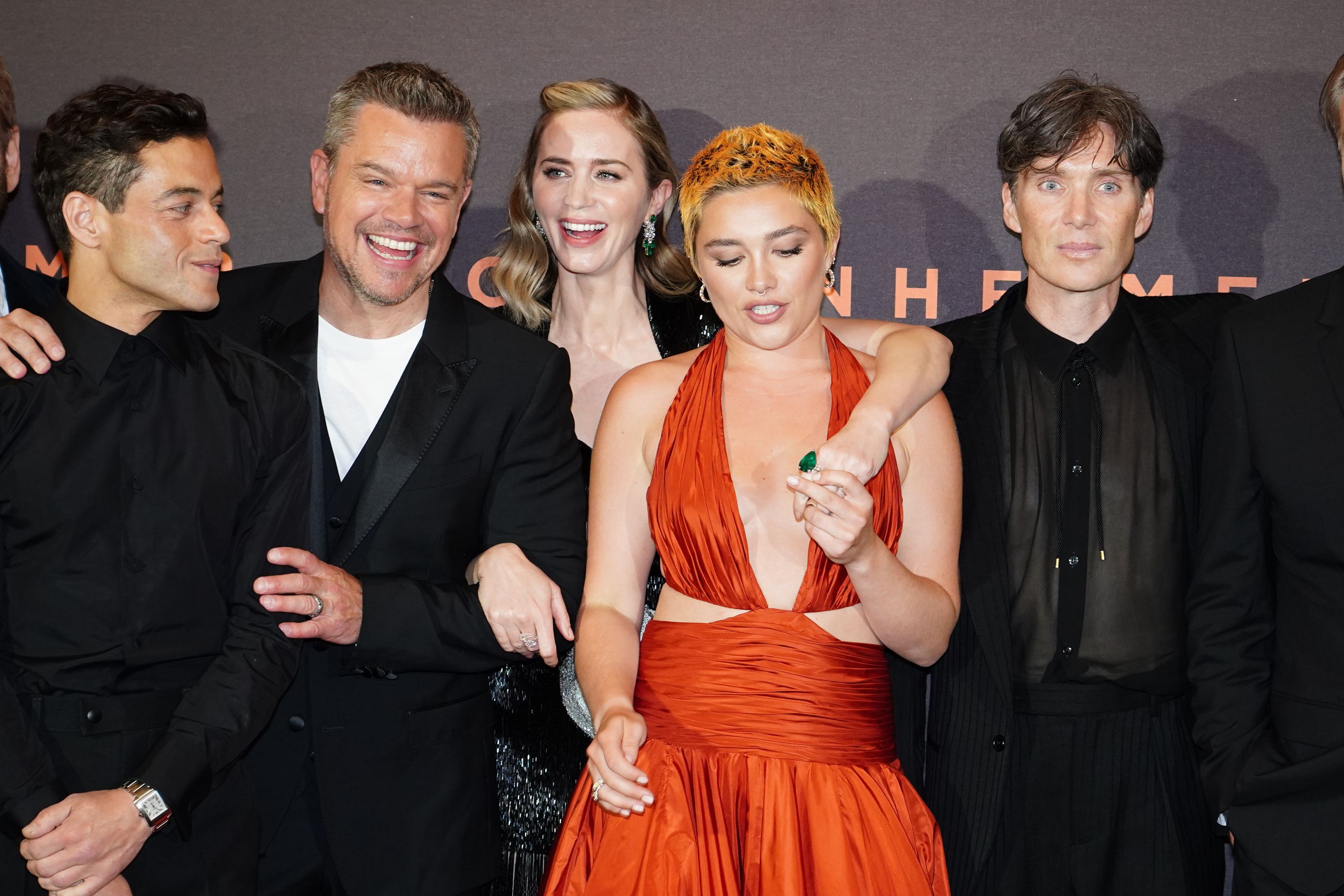
Striking a new chord in the ongoing battle between Hollywood unions and the film industry, SAG-AFTRA, the union representing 160,000 television and movie actors, joined the screenwriters’ picket lines after 70 days of protests.
At the heart of their grievances, both the writers and actors express concerns about how generative AI tools could potentially replace their roles in the industry.
Over the past decade, AI has made significant strides in the movie and television industry, from digitally rejuvenating actors, analyzing viewer behavior on streaming platforms, resurrecting the voices of deceased actors, to even assisting in creating entire movie trailers.
One proposal, presented by SAG-AFTRA’s national executive director and chief negotiator, Duncan Crabtree-Ireland, has drawn comparisons to the dystopian series, Black Mirror.
During a press conference, Crabtree-Ireland revealed that Hollywood studios had suggested using “groundbreaking AI” to scan background performers, paying them only for a day’s work, while retaining ownership of their scans for any future project, without consent or compensation.
Cast of Oppenheimer walk out of UK premiere ahead of actors’ strike announcement
Crabtree-Ireland dismissed this proposal as anything but groundbreaking, highlighting the potential abuses and disregard for the performers’ rights.
The Alliance of Motion Picture and Television Producers (AMPTP), representing the studios, released a statement claiming that their “groundbreaking AI” proposal actually aims to protect actors’ digital likenesses.
The president of the actors’ guild, Fran Drescher, expressed concerns about the industry’s new landscape shaped by streaming and AI technologies, emphasizing the need to stand up for their rights to avoid jeopardizing their future.
Meanwhile, the striking writers are demanding new pay structures, guaranteed work periods, and extensive discussions on the limitations of AI in order to protect their profession from potential threats.
Writers’ concerns include the possibility of AI being used to generate rough drafts with minimal input, followed by writers being hired to refine those drafts at a lower pay rate.
Without open dialogue and agreements with the studios, writers fear that AI could further encroach on their craft by crafting outlines, filling in scenes, and creating mock-up drafts.
Michael Winship, president of the WGA East, voiced concerns over the misuse of AI, including copyright infringements and plagiarism, while acknowledging its potential usefulness if properly regulated.
With these risks in mind, the WGA calls for stricter safeguards governing the application of AI in the screenwriting process.
Denial of responsibility! VigourTimes is an automatic aggregator of Global media. In each content, the hyperlink to the primary source is specified. All trademarks belong to their rightful owners, and all materials to their authors. For any complaint, please reach us at – [email protected]. We will take necessary action within 24 hours.


